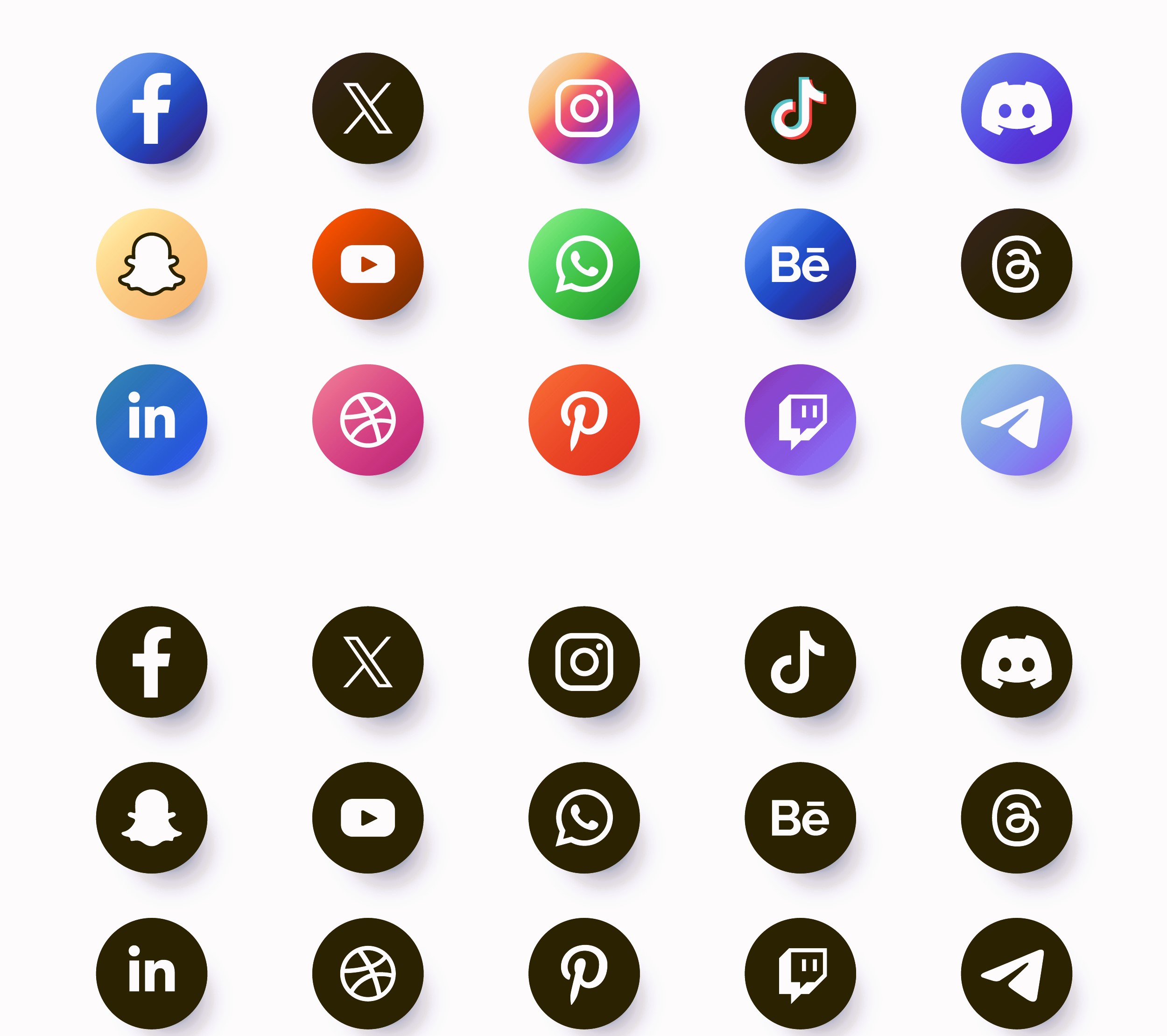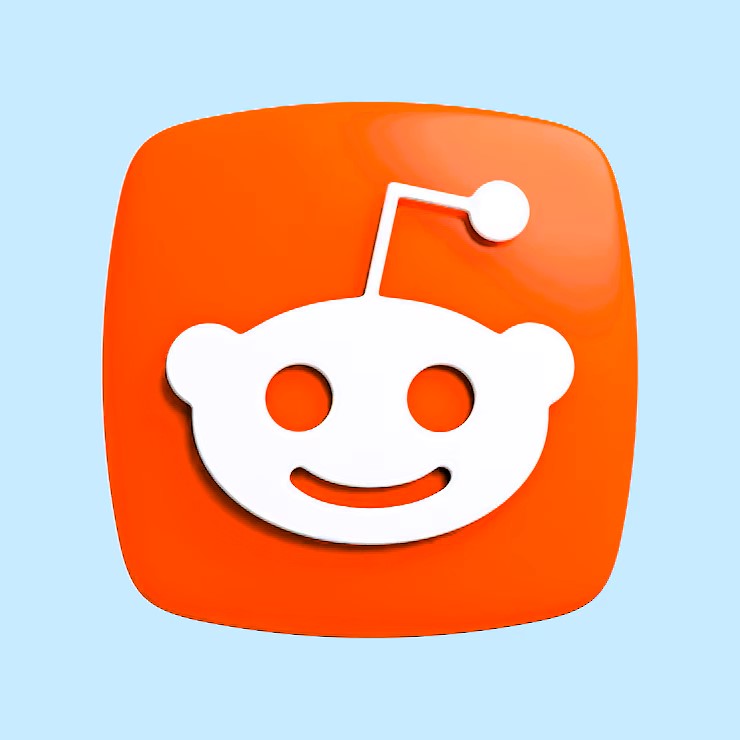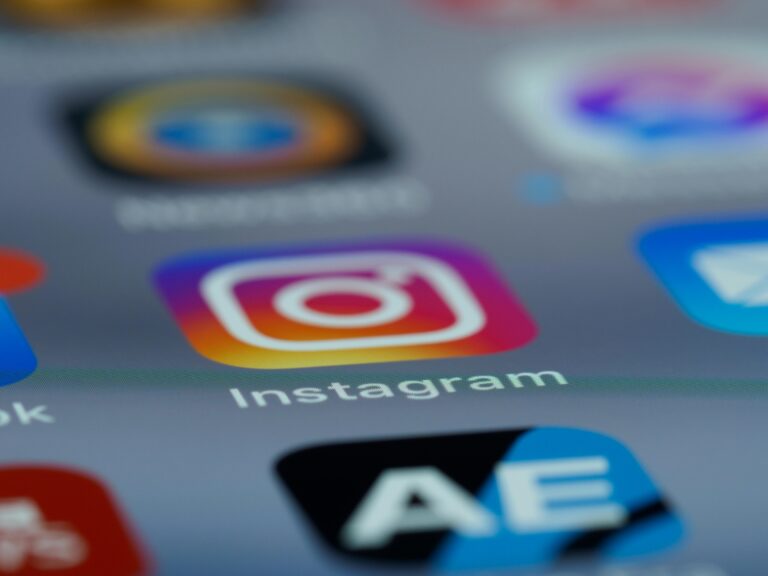Will TikTok Survive the Ban? The Future of Social Media in 2025
Will TikTok survive the ban, or will it pave the way for new platforms to emerge? Explore the latest developments in the TikTok ban and discover what the future holds for social media.

TikTok restores service for US users based on Trump’s promised executive order
TikTok restored service to users in the United States on Sunday just hours after the popular video-sharing platform went dark in response to a federal ban, which President-elect Donald Trump said he would try to pause by executive order on his first day in office.
Trump said he planned to issue the order to give TikTok’s China-based parent company more time to find an approved buyer before the ban takes full effect. He announced the move on his Truth Social account as millions of U.S. TikTok users awoke to discover they could no longer access the TikTok app or platform.
Introduction:
The world of social media is abuzz with the latest news of the TikTok ban. As the popular short-form video-sharing app faces scrutiny from governments around the world, users are left wondering what the future holds for their favourite platform. With over a billion active users, TikTok has become an integral part of modern social media culture. But will it survive the ban, or will it become a casualty of the ongoing tech Cold War? In this blog post, we’ll talk about the latest developments and explore the potential consequences of the TikTok ban on the future of social media.
This morning, in a landmark decision, the U.S. Supreme Court unanimously upheld a federal law mandating that ByteDance, TikTok’s Chinese parent company, divest its ownership of the app by January 19, 2025, or face a nationwide TikTok ban.
The ruling follows weeks of uncertainty, during which debates intensified over whether the ban would truly take effect. In an effort to delay the deadline, Senators Ed Markey (D-MA.), Ron Wyden (D-OR.), Cory Booker (D-NJ), and Representative Ro Khanna (CA-17) introduced the “Extend the TikTok Deadline Act.” The bill seeks to grant ByteDance an additional 270 days to divest TikTok, and the associated petition has already garnered over 800,000 signatures: “I believe we will get to one million,” said Congressman Khanna. “This comes down to protecting free speech, supporting small businesses, and listening to the voices of millions of Americans.” However, as it stands, the ban is still on track to take effect on January 19.
What Might U.S. TikTokers Do?
Hundreds of thousands of U.S. TikTokers have joined other apps. These have included a newly popular China-based app named RedNote.
Additionally, there are potential workarounds for the U.S. ban—namely, virtual private networks, or VPNs. In India, which banned TikTok in 2020, users have accessed the blocked app via these networks; they can make traffic appear as though it’s coming from a country where TikTok is allowed. This is not necessarily an easy solution, though. People in the U.S. may need a foreign billing address to access TikTok, one popular VPN service has pointed out, and their other apps or subscriptions could stop working.
As we navigate the complex landscape of social media, it’s essential to consider the implications of the TikTok ban on the industry as a whole. Will it lead to a shift towards more private and secure platforms, or will it create a power vacuum that new players can fill? The future of social media is uncertain, but one thing is clear: the TikTok ban is just the beginning of a new era in online communication.
The US government has been considering banning TikTok due to concerns over national security and data privacy. The main issue is that TikTok’s parent company, ByteDance, is based in China, and there are fears that the Chinese government could access user data. In response, the US government has passed the Protecting Americans from Foreign Adversary Controlled Applications Act, which requires ByteDance to sell TikTok’s US assets or face a ban.
It’s worth noting that this isn’t just about TikTok – it’s part of a larger geopolitical rivalry between the US and China. The US government has been trying to limit China’s influence in the tech industry, and this ban is seen as a way to do that. However, experts warn that a ban could lead to diplomatic tensions with China and might even prompt some form of retaliatory response.
A Bill in the Senate
A Senator has introduced a bill to delay the ban on TikTok, which is currently set to take effect today, January 19, 2025. The bill aims to give TikTok more time to address concerns over national security and data privacy. As for President Trump’s viewpoint, he has been a strong advocate for banning TikTok due to its ties to the Chinese government and potential risks to national security. However, with the introduction of this new bill, it’s unclear how the situation will unfold. The Supreme Court is also set to hear a case related to the ban, which could potentially override any legislative decisions.
The bill to delay the ban is likely a response to concerns that the ban could infringe on Americans’ First Amendment rights, as well as the potential economic impact on the millions of users and creators who rely on the platform. Some argue that the ban is an overreach of government power and that there are other ways to address security concerns without shutting down the app entirely.
As one expert notes, “TikTok is not the problem, it’s just a symptom of a larger issue”.
In terms of citizen opinion, a recent poll found that about 50% of Americans support a ban on TikTok, while 22% are opposed and 28% are unsure. However, among TikTok users themselves, the numbers are quite different, with only 19% supporting a ban and 56% opposed. This suggests that there is a significant divide between those who use the app and those who do not and that the issue is more complex than a simple yes or no question.
The arguments for and against banning TikTok:
For Banning TikTok:
National Security Risks: TikTok’s ownership by a Chinese company raises concerns about data collection and potential espionage.
Data Privacy Concerns: TikTok has been accused of collecting and storing user data without proper consent, which could be used for malicious purposes.
Spread of Misinformation: TikTok has been criticized for allowing the spread of false information and propaganda, which could have serious consequences.
Cybersecurity Threats: TikTok’s app has been found to have vulnerabilities that could be exploited by hackers, putting user data at risk.
Compliance with Chinese Laws: As a Chinese company, TikTok may be required to comply with Chinese laws and regulations, which could compromise user data and freedom of speech.
Protection of Children: TikTok has been criticized for its handling of child safety and protection, with concerns about online predators and explicit content.
Economic Security: Allowing a Chinese company to operate in the US could pose economic security risks, particularly if TikTok is used to collect sensitive business information.
Against Banning TikTok:

Freedom of Speech: Banning TikTok could be seen as a violation of freedom of speech, as it would restrict users’ ability to express themselves and access information.
Unfair Targeting: Banning TikTok would unfairly target a single company, while other social media platforms with similar issues would be allowed to continue operating.
Lack of Evidence: There is limited evidence to suggest that TikTok poses a significant national security risk, and banning the app could be seen as an overreaction.
Economic Impact: Banning TikTok could have significant economic implications, particularly for creators and businesses that rely on the platform.
Alternative Solutions: Instead of banning TikTok, the US government could work with the company to address concerns and implement stricter regulations.
User Protection: TikTok has taken steps to protect user data and promote safety, and banning the app could put users at greater risk by driving them to less secure platforms.
Global Implications: Banning TikTok could have global implications, potentially straining relationships with China and other countries, and undermining the principles of free trade and open communication.
China’s Potential Retaliation
China, with its massive population and growing economic influence, could indeed retaliate against US social media platforms if TikTok is banned. Here are some possible steps China could take:
Blocking US Social Media Platforms: China could block US social media platforms like Facebook, Twitter, and Instagram, which are already largely inaccessible in the country due to the Great Firewall.
Restricting US Tech Companies: China could restrict the operations of US tech companies like Apple, Google, and Microsoft, which have significant business interests in the country.
Imposing Trade Restrictions: China could impose trade restrictions on US companies, including tariffs and quotas, which could harm US businesses and the economy.
Cyberattacks: China could launch cyberattacks against US social media platforms, which could compromise user data and disrupt operations.
Promoting Domestic Alternatives: China could promote domestic social media platforms like WeChat, Weibo, and Douyin, which could gain popularity and market share at the expense of US platforms.
Impact on US Social Media Platforms
If China were to retaliate against US social media platforms, it could have significant consequences, including:
Loss of Market Share: US social media platforms could lose market share in China, which is a significant market with over 900 million internet users.
Revenue Decline: US social media platforms could experience a decline in revenue due to reduced advertising and e-commerce activity in China.
Damage to Reputation: US social media platforms could suffer damage to their reputation and brand image due to China’s retaliation, which could affect their global operations.
Increased Regulatory Scrutiny: US social media platforms could face increased regulatory scrutiny and criticism from lawmakers and regulators, which could lead to stricter regulations and oversight.
Global Implications
The retaliation by China could have global implications, including:
Escalation of Trade Tensions: The retaliation could escalate trade tensions between the US and China, which could harm global trade and economic growth.
Damage to Global Supply Chains: The retaliation could damage global supply chains, which could affect the production and distribution of goods and services.
Increased Cybersecurity Risks: The retaliation could increase cybersecurity risks, which could compromise user data and disrupt global operations.
Overall, the potential retaliation by China against US social media platforms is a significant concern, and it highlights the complexities and risks of the ongoing tech Cold War between the US and China.
Social Media Platforms with Similar Concerns
Several other social media platforms have raised concerns similar to those surrounding TikTok. Some examples include:
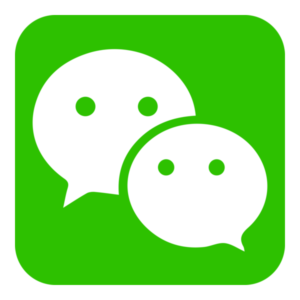
WeChat: WeChat is a Chinese social media platform that has been accused of censoring content and collecting user data, which has raised concerns about its potential use as a tool for Chinese government surveillance.
Telegram: Telegram is a messaging app that has been accused of being used by terrorists and other malicious actors, which has raised concerns about its potential use as a tool for spreading extremism and violence.
WhatsApp: WhatsApp is a messaging app that has been accused of being used to spread misinformation and propaganda, which has raised concerns about its potential impact on public opinion and democratic processes.
Facebook: Facebook has been accused of collecting and![]() storing user data without proper consent, which has raised concerns about its potential use as a tool for surveillance and manipulation.
storing user data without proper consent, which has raised concerns about its potential use as a tool for surveillance and manipulation.
Twitter: Twitter has been accused of being used to spread misinformation and propaganda, which has raised concerns about its potential impact on public opinion and democratic processes.
Concerns about Russian Social Media Platforms
There are also concerns about Russian social media platforms, such as:
VKontakte: VKontakte is a Russian social media platform that has been accused of being used to spread propaganda and misinformation, which has raised concerns about its potential impact on public opinion and democratic processes.
Odnoklassniki: Odnoklassniki is a Russian social media platform that has been accused of being used to collect user data and spread propaganda, which has raised concerns about its potential use as a tool for Russian government surveillance.
Concerns about Indian Social Media Platforms
There are also concerns about Indian social media platforms, such as:
ShareChat: ShareChat is an Indian social media platform that has been accused of being used to spread misinformation and propaganda, which has raised concerns about its potential impact on public opinion and democratic processes.
Helix: Helix is an Indian social media platform that has been accused of being used to collect user data and spread propaganda, which has raised concerns about its potential use as a tool for Indian government surveillance.
Global Concerns about Social Media Platforms
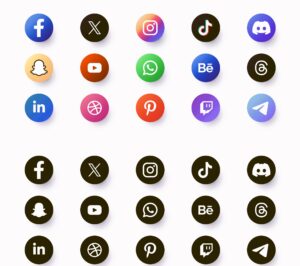
The concerns about social media platforms are not limited to any one country or region. There are global concerns about the potential impact of social media on public opinion, democratic processes, and individual freedoms.
Key concerns include:
Disinformation and Propaganda: Social media platforms have been accused of being used to spread disinformation and propaganda, which can have serious consequences for public opinion and democratic processes.
Surveillance and Data Collection: Social media platforms have been accused of collecting and storing user data without proper consent, which can raise concerns about surveillance and manipulation.
Cybersecurity Risks: Social media platforms have been accused of being vulnerable to cybersecurity risks, which can compromise user data and disrupt global operations.
Overall, the concerns about social media platforms are complex and multifaceted, and they require a nuanced and thoughtful approach to address the potential risks and challenges.
Instagram 2024:A Dynamic Social Media Platform to Staying Up-to-Date
